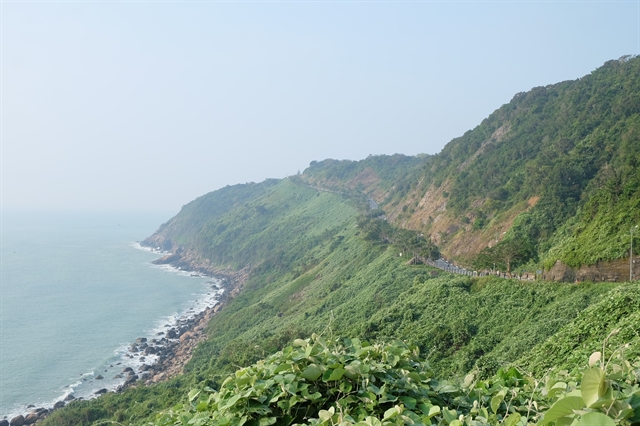

The European Parliament votes Thursday on whether airlines can share names of passengers with EU states to help trace returning jihadists, culminating five years of debate that intensified after the Paris and Brussels attacks.
STRASBOURG – The European Parliament votes Thursday on whether airlines can share names of passengers with EU states to help trace returning jihadists, culminating five years of debate that intensified after the Paris and Brussels attacks.
One of the two Brussels airport suicide bombers, Ibrahim El Bakraoui, was deported by plane from Turkey to Europe without detection despite being a wanted man in Belgium.
The vote by MEPs in Strasbourg, France comes after interior ministers from the 28 EU nations in December finally settled privacy concerns that had hobbled negotiations with the legislature since 2011.
The United States has long urged the European Union to establish a Passenger Name Record (PNR) system where officials can detect patterns of suspicious behaviour through the sharing of passenger data.
"I’m hoping for a positive vote," Timothy Kirkhope, the British conservative MEP who is steering the legislation through parliament, told a press conference Wednesday in Strasbourg.
"We’ve taken a long time to come to this point. But I hope we finally may be able to put in place a PNR system that delivers both for saving lives and also for protecting our vital liberties," Kirkhope said.
The PNR is designed to track not only potential jihadists but also criminals, including those who smuggle people, drugs or weapons.
Kirkhope has said the choice is not between a European Union PNR system and no such system, but one between a bloc-wide approach and 28 national systems that would leave gaps.
PNR can "identify the routes used by criminals and terrorists and prevent individuals from reaching their intended destinations or targets," he said Wednesday.
France spearheaded the drive for the PNR in the wake of the November 13 Islamic State group attacks in Paris that left 130 people dead. It made another push following the March 22 attacks in Brussels that left 32 people and were linked to those in the French capital. – AFP









